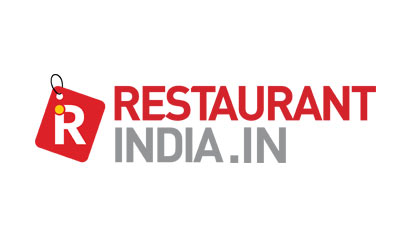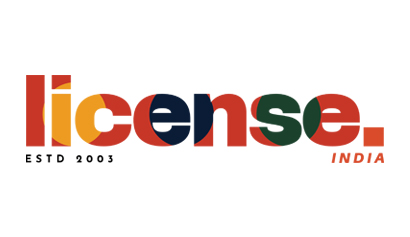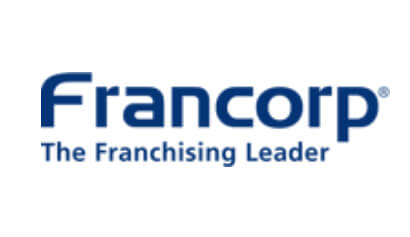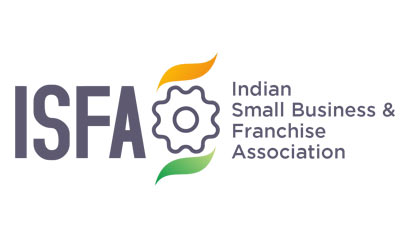To get access to over 10000+ Franchise Business Opportunities.
Network with the growing Business Community to get expert interventions to let you learn to Grow & Expand your Business with Franchising.
Building a brand to transcend borders inevitably means building flexibility into a system whilst maintaining the fundamental brand standards by Brain Duckett

Anyone who has ever been involved with taking a franchise to another market knows that things will be different there.We have all heard the naïve and inexperienced say, “If it works in Paris, Texas it will work in Paris, France” when the facts are that even if it does work in Texas it might not work in New York. In India, it may work in Mumbai but may not work in Chennai. It means that building a brand to transcend borders inevitably means building flexibility into a system whilst maintaining the fundamental brand standards wherever the system is operated.
That’s why it’s usually a far more preferable option to find a local partner with local knowledge to help with planning and implementing the move into a new market. He or she could be an employee of the franchisor’s subsidiary company or joint venture, or could be a company with a management team that becomes the master franchisee
or developer. Whatever the structure, finding local expertise is essential.
The challenges come when the local partner becomes the tail that wags the dog. It’s easy for that party to over-stress problems that are to their advantage to stress, telling the franchisor all sorts of reasons why this, that or the other needs to be changed.
Before you know where you are, the products and services delivered in that country bear no relation to the brand standards which the franchisor is trying to establish on a global basis. Even the colours in the logo could change!
What then is the answer to the question “How far do you go?” Not in distance but in changes to the system. Whilst local tastes and preferences are important, let’s not lose sight of the fact that the franchisor may be trying to create a new market for their new food, educating the palates of the local population and turning them on to new culinary experiences.
Depending on the motivation for international expansion, the ideal solution is for the franchisor to be a lot more involved in the setup of operations in the overseas market than they often want. Like it or not, many fledgling international franchisors are more interested in getting an upfront fee than they are in building a global brand or creating an ongoing relationship with the local entity. They are not the people to whom the following comments are directed.
Having done at least some due diligence with local franchising consultants and lawyers, a development plan will have been agreed and a management structure put in place. Thepriority now is to get a unit or two open and to operate them as closely as possible to the franchisor’s original system, bearing in mind any glaring changes that became apparent during the due diligence.
In an ideal world, the franchisor would own and manage these pilot operations, taking the risk themselves but possibly creating the opportunity for even greater reward when later selling the master franchise for a system that is by then proven to work in the market. After all, who knows better how to operate their unique system than the franchisor?


Business Opportunities
Browse By Investment Range
Browse By States
Popular Cities
We value your privacy.
You can unsubscribe anytime















